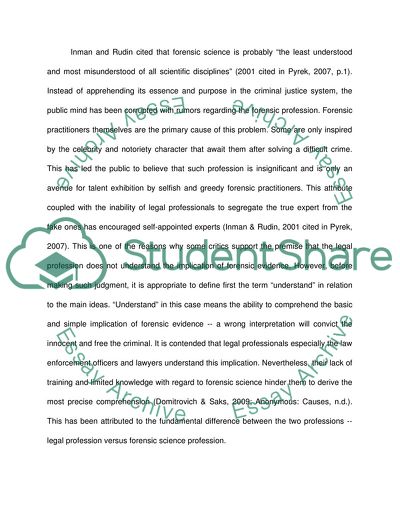Cite this document
(Does the Legal Profession Understand the Implication of Forensic Evide Literature review, n.d.)
Does the Legal Profession Understand the Implication of Forensic Evide Literature review. https://studentshare.org/law/1744178-forensic-sci
Does the Legal Profession Understand the Implication of Forensic Evide Literature review. https://studentshare.org/law/1744178-forensic-sci
(Does the Legal Profession Understand the Implication of Forensic Evide Literature Review)
Does the Legal Profession Understand the Implication of Forensic Evide Literature Review. https://studentshare.org/law/1744178-forensic-sci.
Does the Legal Profession Understand the Implication of Forensic Evide Literature Review. https://studentshare.org/law/1744178-forensic-sci.
“Does the Legal Profession Understand the Implication of Forensic Evide Literature Review”. https://studentshare.org/law/1744178-forensic-sci.


